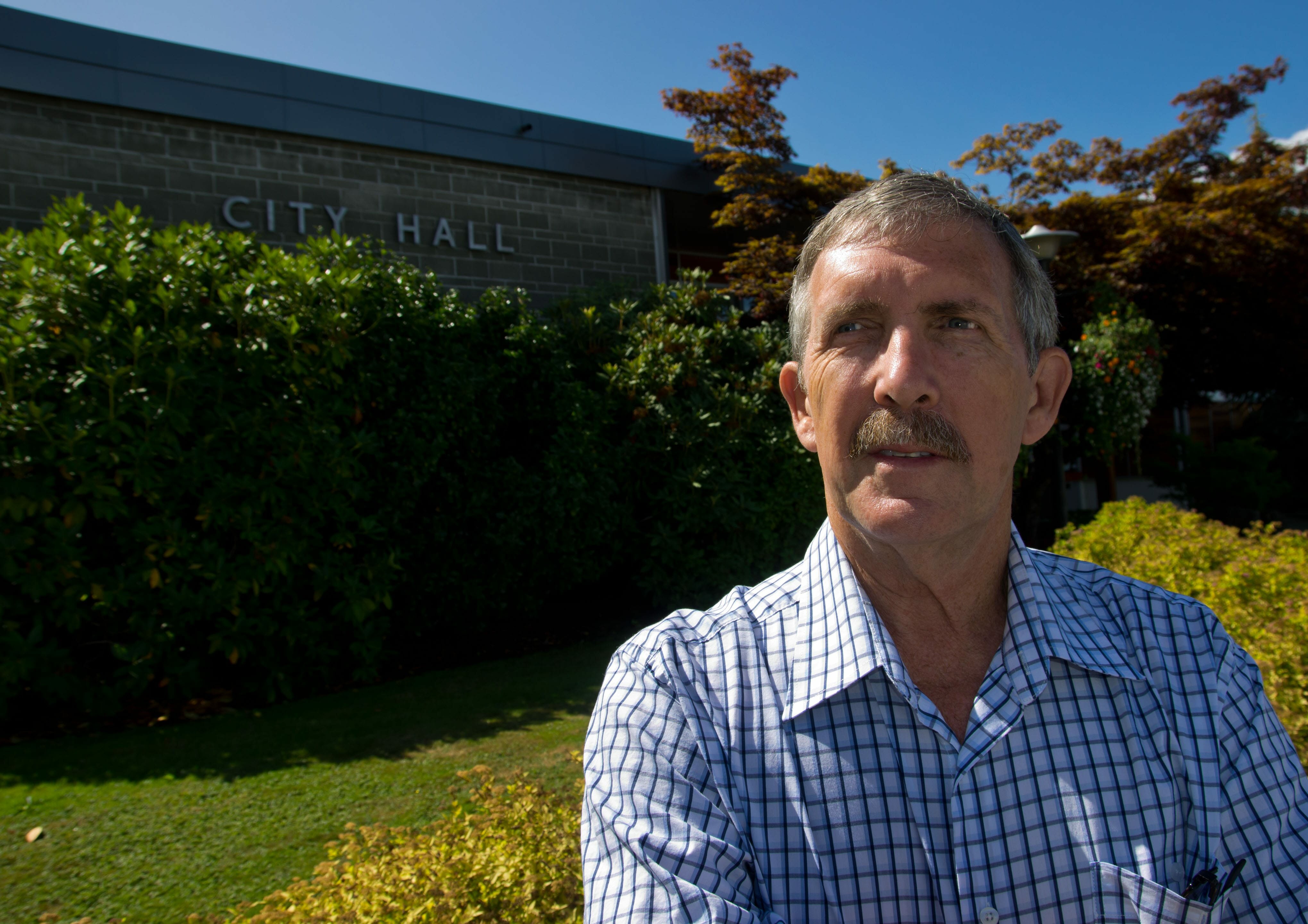The struggle for reconciliation in a small Canadian town
Mike Ruttan, mayor of Port Alberni, B.C., describes why small towns face bigger challenges than big cities when it comes to reconciliation.

Last January, in Port Alberni, B.C., city councillors defeated a motion to rename a street named after a former MP with a complicated past.
On one hand, Allan Webster Neill, mayor and MP for Comox-Alberni between 1921 and 1945, was a proponent of old-age pension and Remembrance Day. On the other hand, he supported Japanese internment, opposed Asian immigration and supported the Indian residential school system.
Although councillors voted 5-2 against renaming Neill Street, they voted unanimously for a report outlining reconciliation options.
Port Alberni is launching a reconciliation committee this fall, but the street-renaming issue revealed an undercurrent of racism that flows beneath the common ground it will try and build.
During a recent visit to Port Alberni for my ongoing investigation into reconciliation in small towns, I asked Mayor Mike Ruttan about the challenges small towns face when it comes to reconciliation.
Q & A with Port Alberni Mayor Mike Ruttan
Wawmeesh Hamilton: What does reconciliation mean to you?
Mike Ruttan: To me, it means a way of relating, it's a way of changing the dynamics of the relationship that currently exists between the city of Port Alberni and the First Nations residents. It's changing the way that we interact.
What role does city council play in reconciliation?
We convened a reconciliation committee which hasn't been finalized yet but will be in September. We're going to begin a larger discussion about what should reconciliation be for this community, what form should it take? As council, what we decided to do was initiate an inclusive approach that has no predetermined outcome.
The city council meeting in January revealed a lot of pushback from Port Alberni residents who were against renaming Neill Street. Were you surprised by the pushback?
I wasn't surprised at all. That whole process of proposing to rename the street opened the lid to some of the most incredibly racist response that is latent to most communities in Canada, and it’s not anymore latent in small towns than anywhere else. We had lots of people who said to us why do you want to open that door? Why do you want those racists to have this opportunity to spew forth all their venom? There's got to be a different way. Many of the people who came to us and said that were First Nations people.
Is establishing a reconciliation committee enough to stop the undercurrent of racism revealed in the Neill Street-renaming issue from erupting again?
There is a racism problem in Port Alberni the same way there is a racism problem in every other community in Canada. It pops up when the discussion is given a reason to happen. But you know, the racism goes both ways and it comes from a lack of understanding more than anything else. That understanding of each other’s perspectives really needs to continue to happen. There needs to be some way to address the resentment of what was done and what was taken away in order for us as a community to come together to define and achieve common goals. The process won’t stop it from geysering, but because we have this collective of people, part of the process would be how do we do this as a community? How do we get through this? How do we bring citizens into that debate and discussion in a way that's respectful, purposeful that leads to a change?
If you can’t rename a street named after a racist, then what hope is there for reconciliation in Port Alberni?
It may be that in this city, renaming the street is not as important as some other achievement because how do we get the biggest change? We get the biggest change in people through dialogue, education and through opening up our processes in our cities, neighbourhoods and homes. Our Aboriginal children and non-Aboriginal children go to school together from primary — how much time do they actually spend in one another's homes, birthday parties? Until we get to that point as a community, it's very difficult for adults to have that appreciation for one another.
Large cities like Toronto, Winnipeg, Vancouver and Victoria have named themselves cities of reconciliation, and they’ve devoted resources and initiatives to advance that. What's different about reconciliation in small Canadian towns?
Reconciliation in Vancouver, in a bigger city, doesn't touch for the most part individual citizens. It's something that is done at a very elevated level like the icing on a cake. In terms of the impact it will have on individual citizens in that community it is virtually negligible. It looks good, it sounds good, it reads well but does it really truly make a difference in the lives of the citizens in that city? No, it doesn't. In a small city, whether Port Alberni, Campbell River or Tofino, the decisions that are made by municipal council about reconciliation are not only known by the citizens, they impact the citizens. It's going to be far more profound, meaningful and impactful in a small community than it would in a large community.
